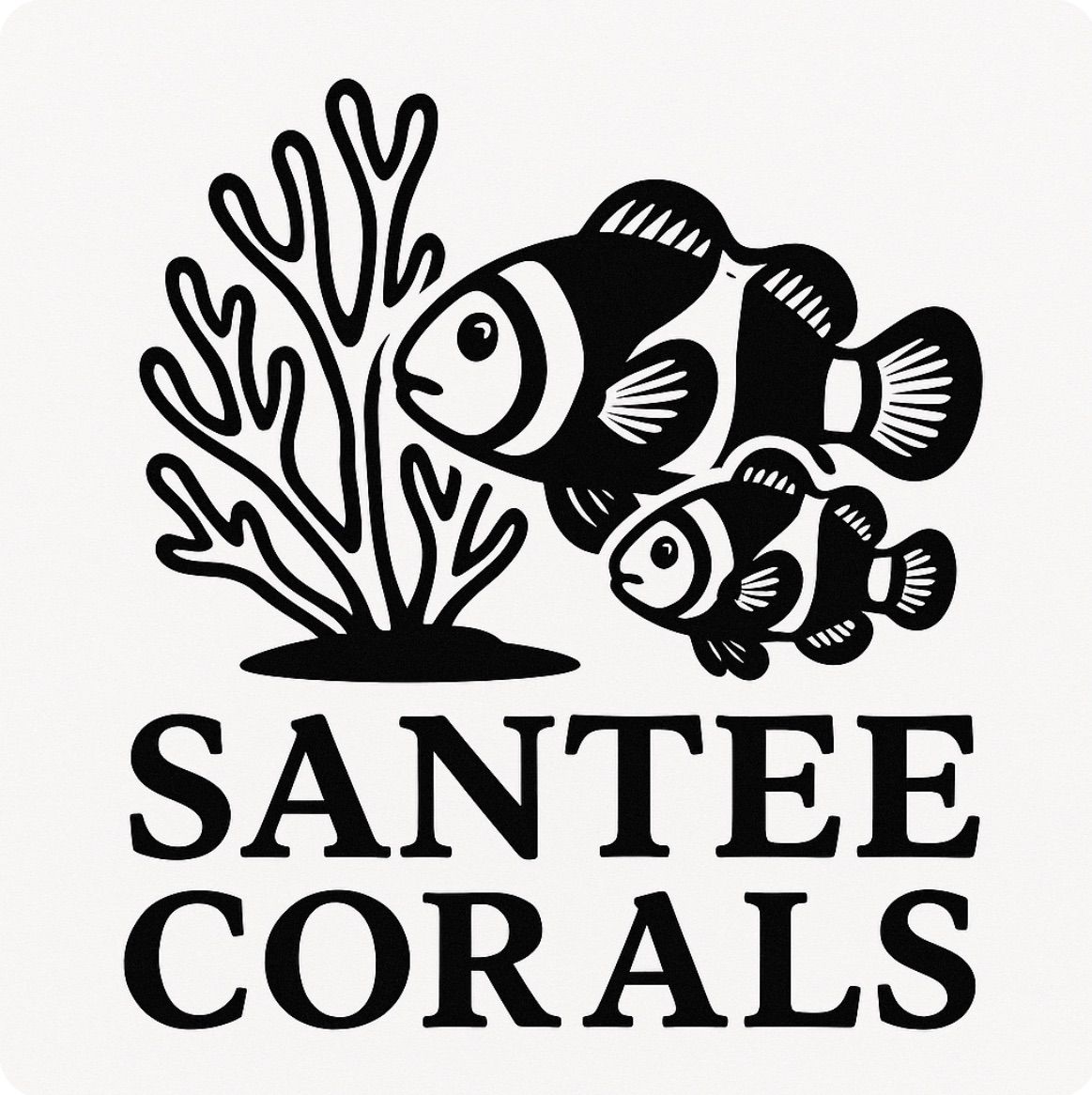Coral Care Essentials
Maintaining healthy corals is crucial for vibrant marine ecosystems. Our tips will guide you through the best practices for feeding, lighting, and ensuring optimal water quality, helping your corals thrive in their environment.
Key Features for Maintaining Healthy Corals
Feeding Techniques
Optimal Lighting
Expert Insights on Coral Care
Hear from our coral care specialists as they share their top tips for maintaining vibrant and healthy corals. Their expertise can guide you in creating the perfect environment for your underwater friends.
Start Your Coral Care Journey
Common Coral Care Questions
Maintaining healthy corals can be challenging, but understanding common issues and their solutions can make a significant difference. Here, we address some frequently asked questions to help you keep your corals thriving.
What should I feed my corals?
Corals primarily feed on plankton, specifically phytoplankton and zooplankton. Additionally, corals can benefit from a variety of other foods, including diced small fish, frozen foods, krill, and other small invertebrates.
Corals are zooxanthellae symbionts, meaning they have a symbiotic relationship with algae (zooxanthellae) that live within their tissues. These algae perform photosynthesis, producing nutrients for the coral. However, many corals also actively feed on plankton, particularly zooplankton like brine shrimp, mysis shrimp, and rotifers
How do I know if my corals are getting enough light?
To know if your corals are getting enough light, watch for signs like bleaching (turning white), dulling of color, or stretching towards the light source. Conversely, if corals are shrinking, retracting tentacles, or losing tissue, it could be a sign of too much light. You can also use a PAR meter to measure light intensity and compare it to the coral's specific light need
What are the signs of poor water quality?
Cloudy Water:
Can be caused by various factors like bacterial blooms, excessive organic matter (decaying plants, uneaten food), or high levels of dissolved substances.
Discolored Water:
Brown or tea-colored water can be caused by tannins from driftwood or leaf litter. Red or rust-colored water could indicate iron or other mineral issues.
Algae Blooms:
Green, brown, or even red algae growth can indicate an imbalance in nutrients, light, or other factors.
White or Fuzzy Growth:
Fungal growth can occur due to decaying organic matter, especially from overfeeding.
White, Tan, or Red Worms:
These can be detritus worms, planaria, or other invertebrates, often indicating a build-up of organic waste.
Bubbles or Frothing on the Surface:
This can be a sign of excessive ammonia or other pollutants.
Behavioral Signs:
Gasping at the Surface: Fish may gasp for air at the surface if oxygen levels are low due to poor water quality or insufficient filtration.
Lethargy: Fish may appear sluggish, inactive, or less responsive to stimuli.
Loss of Appetite: Fish may refuse to eat, which can be a sign of stress or illness caused by poor water conditions.
Unusual Swimming Patterns: Fish may swim erratically, dart around, or have difficulty maintaining balance.
Fins clamped or ragged: Poor water quality can cause fin rot and damage.
Increased Respiration Rate: Rapid or labored breathing can indicate a problem with oxygen levels or water quality.
Skin irritation or redness: Some fish may show signs of skin irritation or redness due to ammonia or nitrite poisoning.
Other Signs:
Rotting or unpleasant smells:
A rotting smell indicates decaying matter, which can lead to ammonia spikes and other water quality problems.
Sudden Death:
High levels of ammonia or nitrite can be toxic to fish, especially if they are introduced suddenly.
How can I prevent coral bleaching?
To prevent coral bleaching in an aquarium, focus on maintaining stable and optimal water conditions, including temperature, lighting, and water quality. Regular monitoring of these parameters, along with proper filtration and nutrient control, are crucial for preventing stress on your corals and minimizing the risk of bleaching.
What should I do if my corals are not growing?
If your coral is not growing, it's likely due to imbalances in your tank's water chemistry or inadequate lighting and flow. Start by testing your water parameters, including alkalinity, calcium, magnesium, pH, nitrates, and phosphates.
Ensure these levels are within the recommended ranges for your specific type of coral. Also, verify that your lighting is appropriate for the coral's needs and that you have adequate water flow to prevent dead spots. If nutrients are too low, consider increasing feeding or reducing nutrient export methods like GFO.
Coral Care Solutions
By addressing these common concerns, you can create a thriving environment for your corals. Remember, regular monitoring and adjustments are key to successful coral care.

